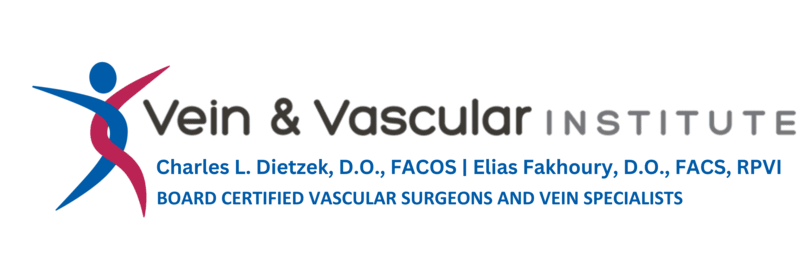There are a number of things you can do to eliminate or diminish varicose veins–and your diet and vitamins or herbal supplements play a part. Nutrition and supplements are complementary therapies that can improve overall vein health and even provide some symptom relief, but they won’t eliminate existing varicose veins and may not prevent them in patents who are pre-disposed. No matter how well you eat or which supplements you take, nothing takes the place of seeing a vascular surgeon to treat varicose veins effectively. Here we’ll discuss some of the eating habits and supplements that may improve your vein health.
Table of Contents
ToggleDiet and Supplements as Complementary Vein Treatments
- Fiber: Dietary fiber intake can help to keep veins healthy. Examples of beneficial fiber-containing foods include: whole grains, brown rice, beans (such as lima and kidney beans or lentils), potatoes with skin, broccoli, cabbage, nuts, fruits (like apples, raisins and berries) and more.
- Bioflavonoids: Studies have shown that bioflavonoids, such as rutin and grape seed extracts may strengthen vein walls and help decrease blood vessel leakage, pain and swelling. Bioflavonoids are found in: cranberries and other dark berries, figs, asparagus, dark green leafy vegetables, onions and garlic.
- Vitamins and Minerals: Vitamins C and E, and the mineral zinc can benefit vein health.
- Herbs: Herbal supplements, tea or creams can bring symptom relief to those suffering from varicose veins. Horse chestnut, when a quality brand is used at recommended dosages, can help promote circulation to fight the effects of CVI (chronic venous insufficiency). Pine bark extract (pinus pinaster) may help relieve leg heaviness and pain that can accompany varicose veins and CVI.
- Homeopathic remedies to help varicose veins include Arnica Montana, which may help treat swollen veins by reducing tenderness and diminishing the bruised appearance.
For Safe and Effective Treatment for Varicose Veins, See Your Vein Doctor
Remember, do not make major dietary changes or take any supplements without consulting your physician or vein doctor. Self-treatment alone is not effective for varicose veins and may put your health at risk. For example, taking grape seed extract can increase bleeding risk and, especially when taken with vitamin C, could increase your blood pressure. Horse chestnut should not be taken by anyone with kidney or liver problems or by those taking blood thinners (prescription or over-the-counter types, like aspirin) or in combination with certain medicines for depression or diabetes. Your medical team will take into account your medical history and other medications you may be taking when recommending particular vitamins or herb supplements.
When it comes to varicose vein treatments, only personalized care (planned just for you) will do. Contact your vascular surgeon today.
